Today’s article will be written for those who are looking for a soccer-specific workout. Every sport has its unique skills that separate the winners from the losers, and soccer (or football to our British friends) is no exception. When you are designing a workout routine for yourself, there is no reason that you should not tailor that routine to your preferred sport.
To this end, we will take a look at one of the most successful and well-known soccer players in the world: David Beckham. This guy has so many victories and achievements that we don’t even have the time to discuss all of them. Suffice it to say that he has consistently been named as one of the greatest living soccer players, and possibly one of the greatest ever. Let’s see if we can pick up some tips and methods from an undisputed master of the game.
Get A Heart Monitor
As it happens, David Beckham has talked and written about his training methods and has given several interviews in which they were described in-depth.
But, before we get into all that, you should know right away that you will get best results by using a heart monitor. This is simply a device that clips or straps to your body and measures your pulse. Since pulse mirrors heart rate, you can get up-to-the-second feedback on how much you are exerting yourself.
At this point, you might be wondering exactly how fast your heart should beat during an intense workout. To find your maximum heart rate, just do the following: Subtract your age from 220. It’s that simple. The resulting number is your maximum heart rate, and you should not go above that point. You probably won’t drop dead or anything, but it will put more strain on your heart than what is considered to be healthy.
David Beckham’s Workout Routine
As it happens, David Beckham’s workout routine is pretty simple. That being said, it’s not an easy workout by any means. It is heavy on the cardio (as you would expect for a world-class soccer player), and consists almost entirely of running. Still, it is clear from other interviews that he does more than running. The training plan that has been published is clearly incomplete.
In the interview cited in the link above, David Beckham confirmed that running is his primary training method, but said that he also enjoyed cycling and outdoor sports. It is interesting that we see no evidence of strength training, but it’s hard to argue with the kinds of results that Mr. Beckham has obtained with his methods. As a result, we would recommend that you occasionally substitute your runs or sprints with an equal amount of cycling.
Here is the published version of the David Beckham workout. Some sites are trying to sell a PDF called “The David Beckham Workout,” but this is probably just a marketing gimmick. The version below comes directly from the source and is the most trustworthy version that we are going to find:
Week One
Every day, perform three running sessions of five minutes each. Rest periods should be four minutes between each run. You should perform these runs at 85% of your maximum heart rate.
- Duration: 5 minutes
- Intensity: 85% of maximum heart rate
- Rest Periods: 4 minutes
- Sets: 3
Week Two
Every day, perform seven running sessions of two minutes each. Rest periods should be two minutes between each run. You should perform these runs at 90% of your maximum heart rate.
- Duration: 2 minutes
- Intensity: 90% of maximum heart rate
- Rest Periods: 2 minutes
- Sets: 7
Week Three
Every day, perform fifteen running sessions of one minute each. Rest periods should be one minute between each run. You should perform these runs at 95% of your maximum heart rate.
- Duration: 1 minute
- Intensity: 95% of maximum heart rate
- Rest Periods: 1 minute
- Sets: 15
Week Four
This one is a little different. For this week, you will be doing turnaround runs. That’s just a fancy way of describing a run in which you go to a certain goal and then loop around and run back to your starting position. It might be described as a “there and back again” kind of run. But these are sprinting runs, so do them at a high level of intensity.
Each sprint should take about thirty seconds, so make sure that the distance of your turnaround marker is figured accordingly. Beckham uses a distance of 60 yards, so take that as your marker. Take a one-minute rest period between sprints, and repeat until you have completed 8-10 turnarounds.
- Duration: 30 seconds per sprint
- Intensity: 90% of maximum heart rate
- Rest Periods: 1 minute
- Sets: 8-10
Week Five
For this week, you will do as you did in week four. The only difference is that your rest periods will now be reduced to only ten seconds.
- Duration: 30 seconds per sprint
- Intensity: 90% of maximum heart rate
- Rest Periods: 10 seconds
- Sets: 8-10
As you can see, this is a five-week program that is meant to be repeated in cycles. Why all the cardio, you ask? The answer lies in the interview that we cited at the beginning of this article. According to Beckham, the game of soccer is about 90% cardio. Thus, he is just concentrating on the quality that he feels to be the most important.
After looking over this workout, you should now be able to see why the heart monitor was a necessity. This training plan depends upon close monitoring of your heart rate. Your heart rate in relation to your maximum heart rate is a good indicator of how hard you are training, so this workout method uses it to full advantage.
It should be said that not everyone is prepared to train at the same level of intensity as a world-class athlete. If you need to tone this workout down, there is no reason to be ashamed. In fact, it’s safe to say that the average person will need to tone this workout down to one extent or another.
Fitness Tips from David Beckham

Since most of our information is derived from interviews, let’s go back and take another look at the two that we have presented. Based on these interviews, we will present some fitness tips that should help you to achieve the level of fitness that you deserve and desire.
Lesson 1: Use Your Doubters For Motivation
Beckham tells an inspiring story about his first soccer coach, whom he met at the age of 13. Instead of encouraging the boy, this coach basically told him that he was way too small to play soccer at the professional level. At the time, the sport was mostly dominated by large and brutish-looking men. Beckham is one of the reasons that we no longer see this trend.
It is worth noting that Mr. Beckham has become a lot more famous and successful than the coach who told him he was too small. As he describes it, he used those words as motivation, seeking to prove that he was good enough to play with the very best. Certainly, there is a lesson in this, as we all have our doubters.
Lesson 2: Learn To Love A Challenge
There was a point in David Beckham’s career where he transitioned from a European football star to an American-based soccer player. This angered some of his European fans. Obviously, he didn’t lose too many of them, but it was a significant risk to take. In some people’s eyes, he was putting his entire reputation on the line for a lucrative contract that he didn’t even need.
However, Beckham was already one of the highest-paid players in the world by this point, so it’s safe to say he did not do it for the money. According to the interview, Beckham chose to play for an American team because he enjoyed the challenge. He knew that soccer is nowhere near as popular here in the USA as it is in Europe, and he took it upon himself to change that fact. The lesson here is that you should view life’s obstacles as challenges to be overcome rather than bumps in the road that make you stop.
Lesson 3: Give The Extra Ten Percent
According to Beckham, most professional athletes train at a level of intensity that the average person does not. This is not hard to believe, as professional athletes are putting a lot more on the line than the average fitness enthusiast. However, Beckham says that the winners are usually the ones who put in the “extra ten percent.”
This factor is responsible for the importance of heart rate monitoring in the Beckham workout. It gives you a way to measure exactly how much effort you are putting out at a given time. If you aren’t performing near the top of your potential endurance, you are not, as they say, “bending it like Beckham.”
Lesson 4: Don’t Change Without A Reason
You might notice that the Beckham workout is very simple, and doesn’t include a complex repertoire of exercises. We can understand this part of the workout by (again) consulting the interviews. Beckham recommends that you should not change your methods without reason. There’s not a whole lot to say about this one, except that it falls in line with the old saying: “If it’s not broke, don’t fix it.”
Lesson 5: Play To Your Needs
We have already remarked on the complete lack of strength training in this workout. However, the explanation for this absence is very sensible, indeed. Beckham says that he once went through a phase in which he put a lot of emphasis on weight training. Obviously, he must have felt that a little more strength would help his game, but it didn’t turn out that way. He says that the extra muscle mass made him a little slower on the field, and he decided to remove the strength training from his routine.
If you are a person that wants to optimize your workout for soccer, this advice is worth considering. This particular game doesn’t involve a whole lot of strength and is mainly dependent on speed, agility, and endurance. Thus, you should play to your needs and ignore what you don’t need.
Conclusion
Without a doubt, there is much that can be learned by studying the words of a master. While this article might be a little less scientific than some of our others, we hope that you have enjoyed it all the same. If that is the case, please follow us on Facebook using the button below.


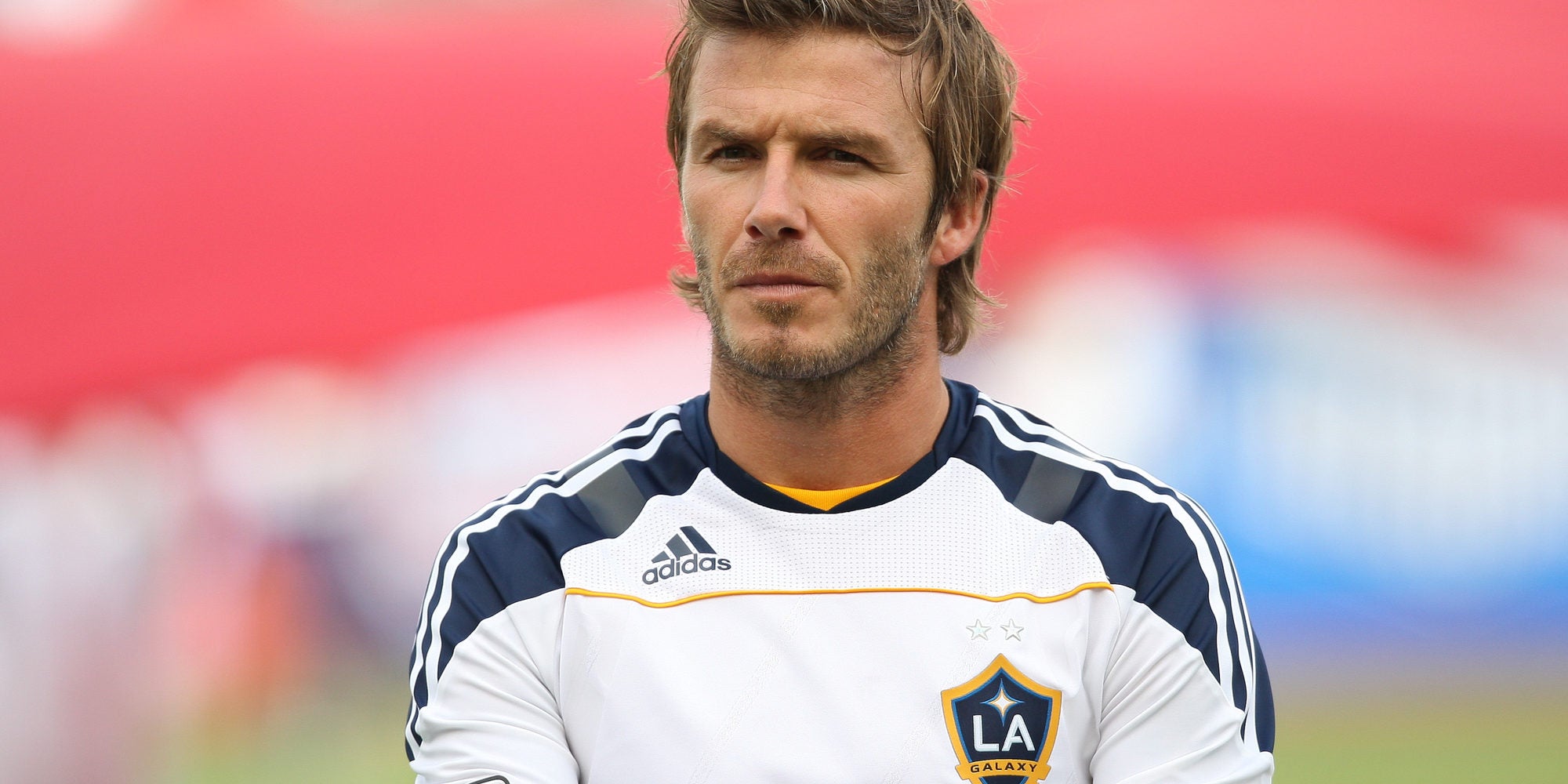
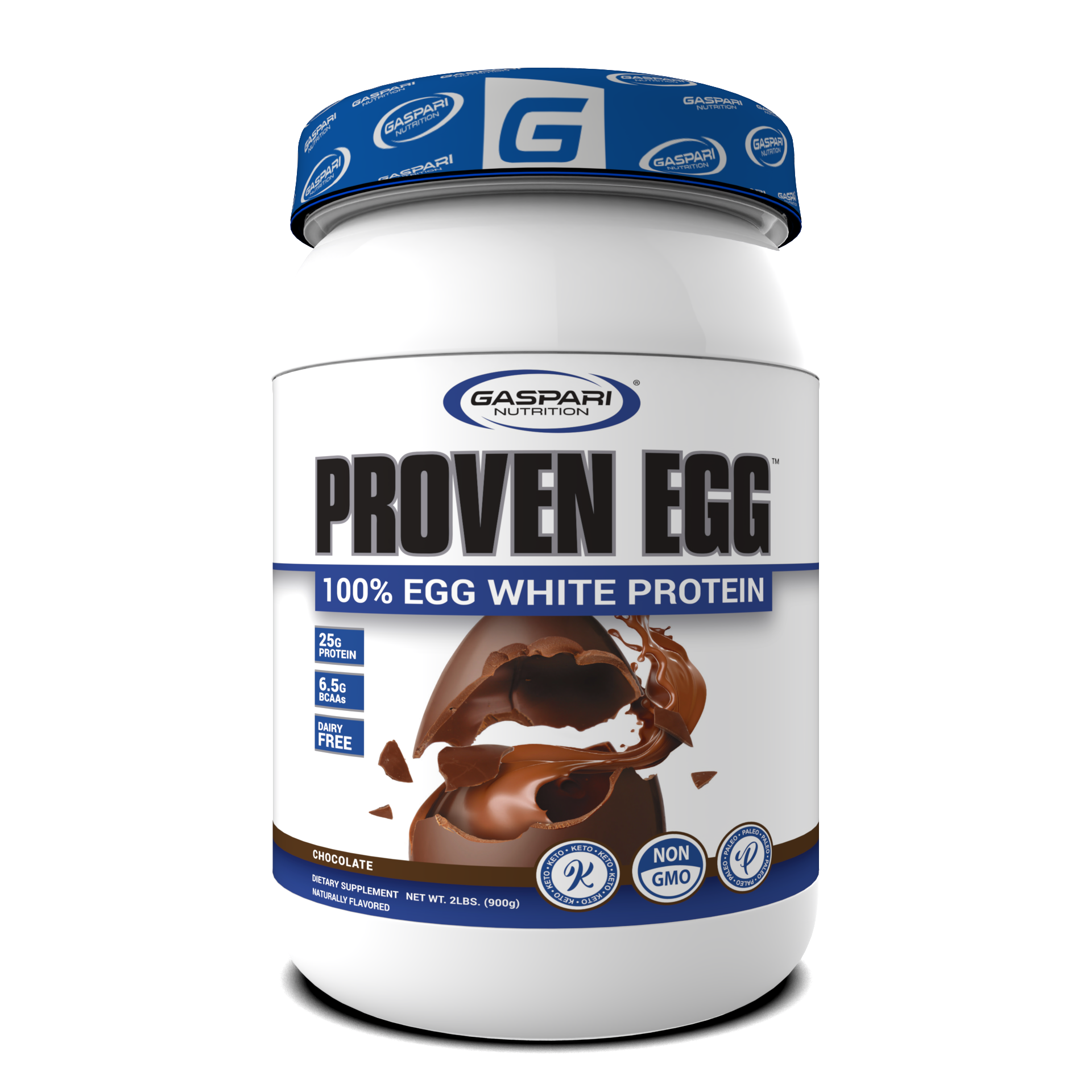












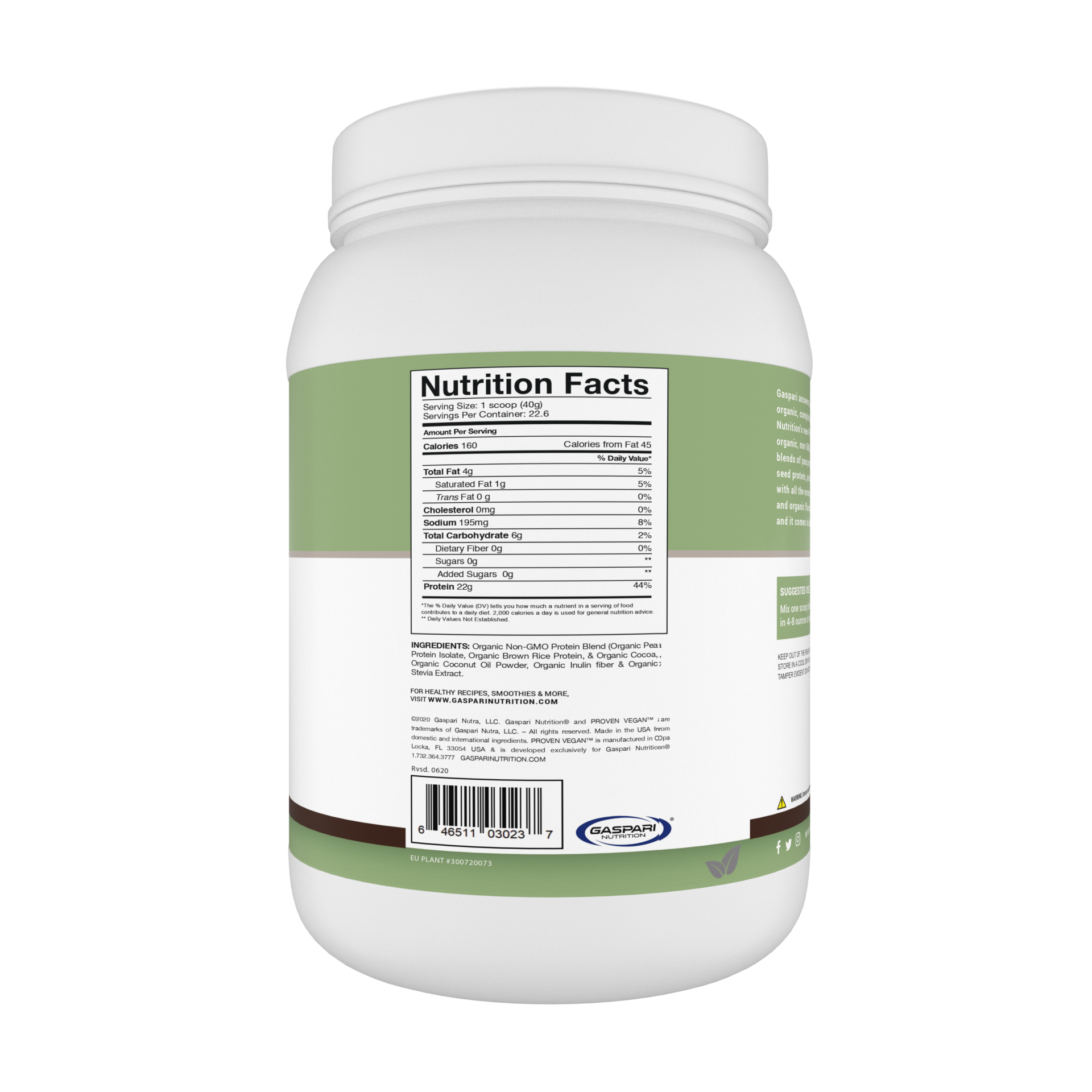






















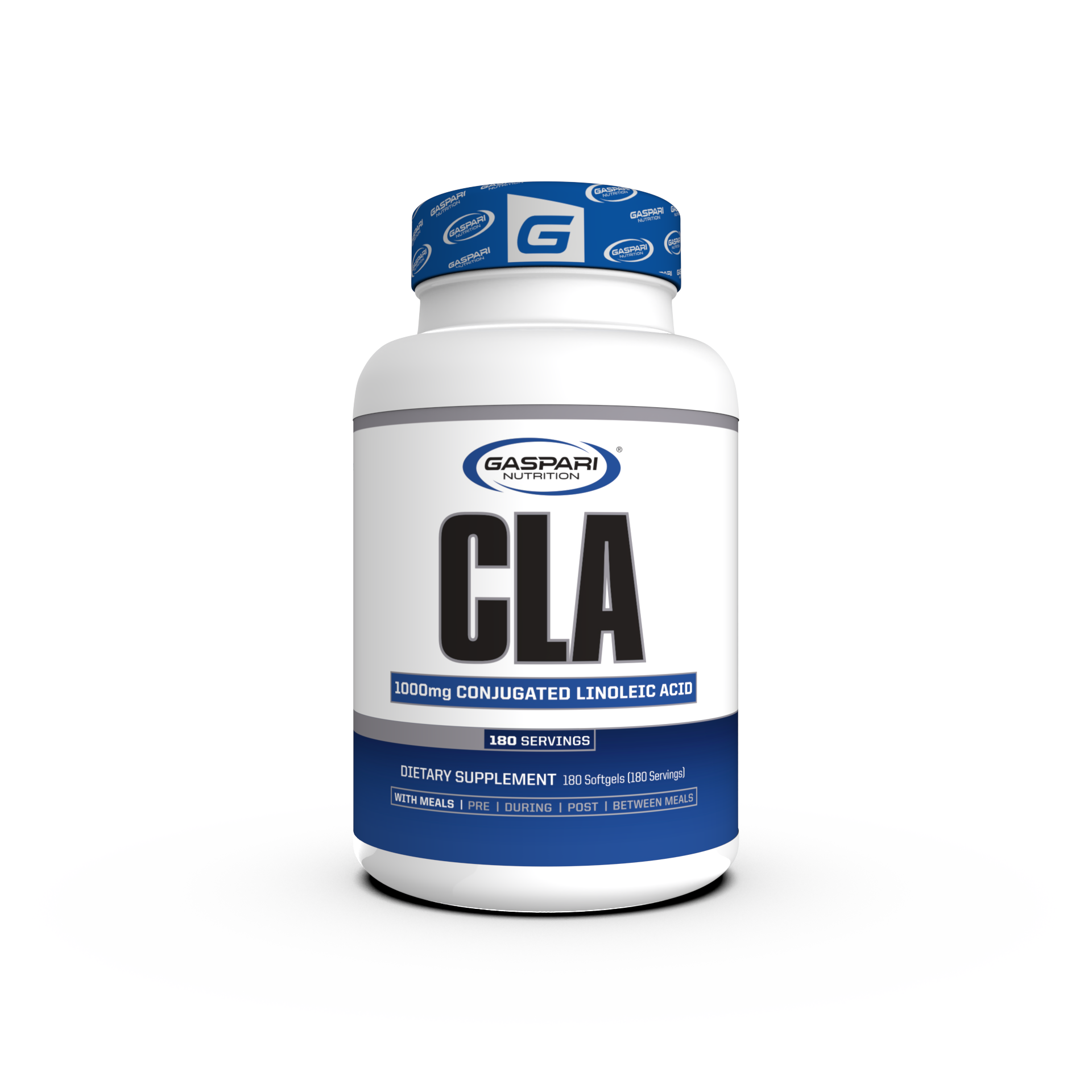



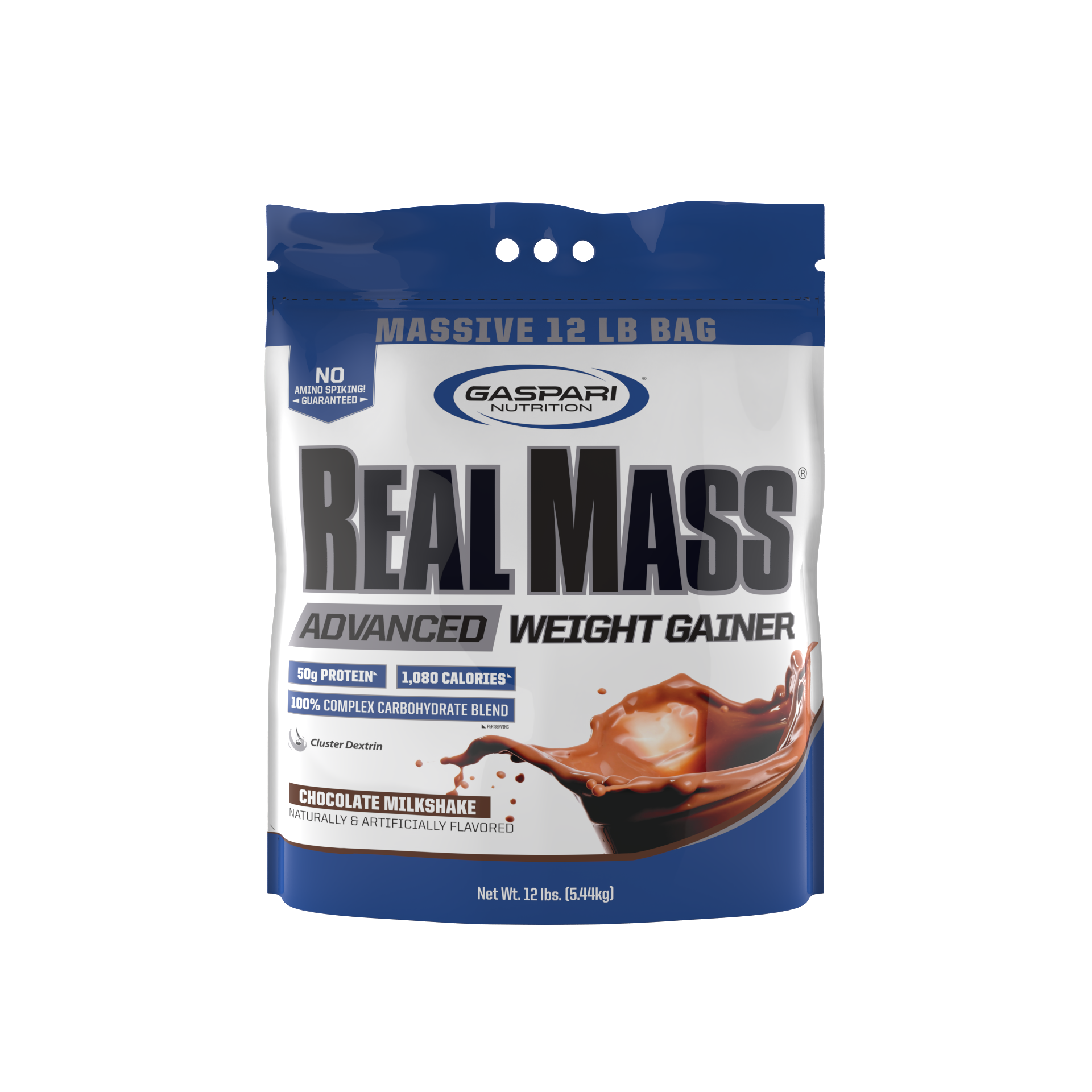































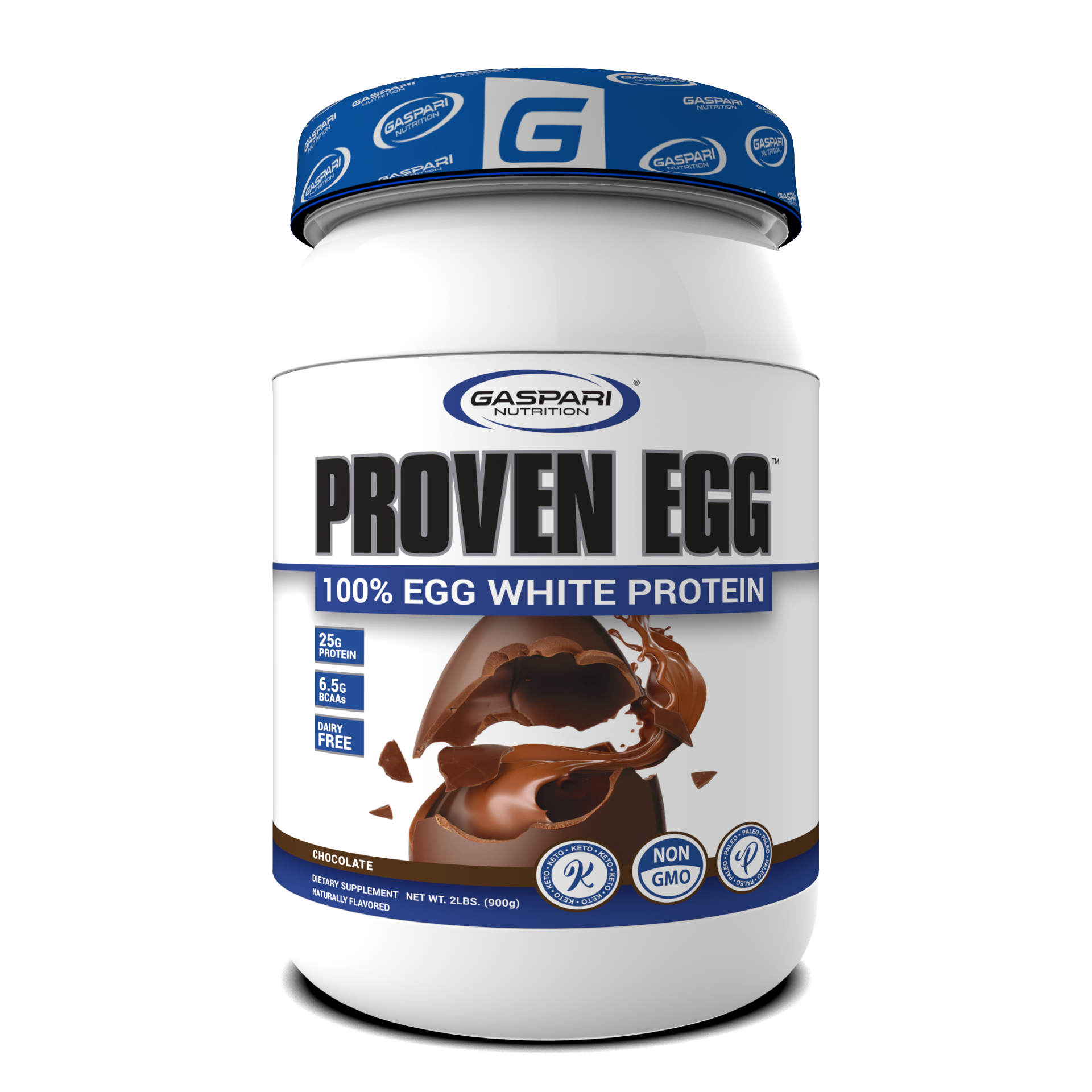

Share:
5 Back Exercises For Golf Athletes
The Baseball Player Diet 101: Eating Like A Professional MLB Athlete